“Oral language is the foundation of all literacy. Those who can use language to clearly express themselves are more likely to succeed when learning to read and write or, reading and writing to learn.” - Dr. Lance Gentile
"Research in literacy has demonstrated that primary school children who have well-developed oral language have higher levels of achievement in reading and writing in upper elementary school. English language learners (ELLs) comprise an estimated 7% (3 million) of the US public school population. However, studies done by Allington (2002) and Snow, Burns, and Griffin (1998) have shown that ELLs and students with various English vernaculars from impoverished socio-economic backgrounds frequently have low levels of oral language development. It is well documented that these groups tend to struggle with literacy throughout their years of public education."*

Specially developed to support oral language development, the
Zoozoo Storytellers
series written by
Alan Trussell-Cullen
contains ten books, each also available in a teacher's edition with a five-day lesson plan written by language and literacy specialist Dr.
Lance Gentile
.
The books contain a consistent cast of characters, who will quickly become familiar to students and keep them interested in the books and curious about what will happen next in the lives of their "new friends." The stories use bright illustrations and humor to teach not only reading and oral language skills, but also social skills.
In the case of our example book,
Oops! Sorry!
, children learn that if they cause something unpleasant to happen to someone, even if it is an accident, the correct thing to do is apologize.
Flip through Oops! Sorry! for a representative glimpse at the Zoozoo Storytellers content, and then look below for an excerpt of the lesson plan created to teach with the story.
The lesson plans from the teacher's edition can either span a five-day class week or you can tailor them to fit your own classroom's needs, combining more than one activity into a longer lesson, or cherry-picking which activities best serve your particular students. This lesson, from Day 1 of the lesson plan, focuses specifically on Oral Language Development:
Objectives: (based on National Standards) Children will be able to:
1) Listen, look at pictures, and understand a story told to them.
2) Listen and respond to specific purposes related to a story.
Warm Up:
1) Display the back cover. Introduce and talk about the characters in the story.
2) Show the front cover and point under the first letter of each word as you read the title. Ask the children to read it with you as you point again.
3) Build background knowledge by leading the children in a conversation about apologizing to others. (When? Why? How?)

Activity: Picture Talk and Developing Narrative
1) Identify a meaningful purpose for the children to listen as you tell an elaborated story. Say, “I am going to show you the pictures and tell you a story. Listen carefully, because when I
am finished, I will ask you what the word unaware** means.”
As you repeat the word, clap the syllables. Then ask the children to clap and say un-a-ware with you.
The following example is meant to guide, not dictate, the exact story you tell. Make sure you incorporate the text from the book in your story. When you come to the pages with text, model reading by pointing under the first letter of each word as you say it.
Cover: The title of our story today is: Oops! Sorry! Max and the monkeys are swinging wildly through the trees.
Title Page: Emma is drinking water. She is unaware of what is about to happen. Max is swinging on a vine. He suddenly realizes that he is headed for Emma’s rear end.
Page 2: Max bangs into Emma. He says, “Oops! Emma, I’m sorry.”
Page 3: Emma is shocked when Max hits her. She sprays water out of her trunk. Pam is mopping and is unaware that she is about to be hit with water.
Page 4: As the water hits Pam, Emma says, “Oops! Pam, I’m sorry.”
Page 5: Pam is knocked down by the water. She throws her mop backwards as she falls. Carlos is unaware that the mop is heading straight for him.
Page 6: Pam is drenched. She’s flat on the ground. She watches as Carlos is hit with the mop and hollers, “Oops! Carlos, I’m sorry!”
Page 7: The mop hits Carlos off his feet. As he falls, he tosses the bucket he is carrying into the air. Water is spilling from the bucket as it flies towards Ferdinand who is happily resting on a lily pad. Ferdinand is unaware of what is happening.
Page 8: Carlos lifts the bucket off a confused and soaked Ferdinand. Carlos says, “Oops! Ferdinand, I’m so sorry.”
This is only one of five lessons included in the teacher's edition for this book. Each of the Zoozoo Storytellers books contains similar lessons, with an Oral Language Development lesson, as well as lessons for Story Retelling, Comprehension and Vocabulary Development, Concepts About Print, and a Review lesson.
Repeated exposure to the same story over the course of a week allows children to experience in-depth learning. Recurring characters across stories ensures that once it is time for an independent reading session, children will be eager to pick up the books and read the new stories featuring the familiar characters.
For a downloadable one-page summary of key points about this series, click below!



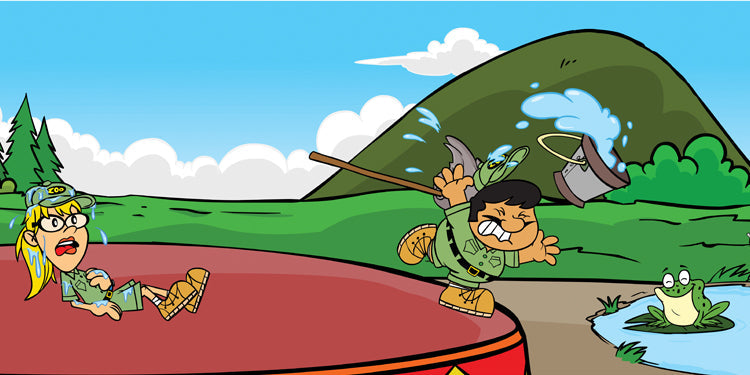







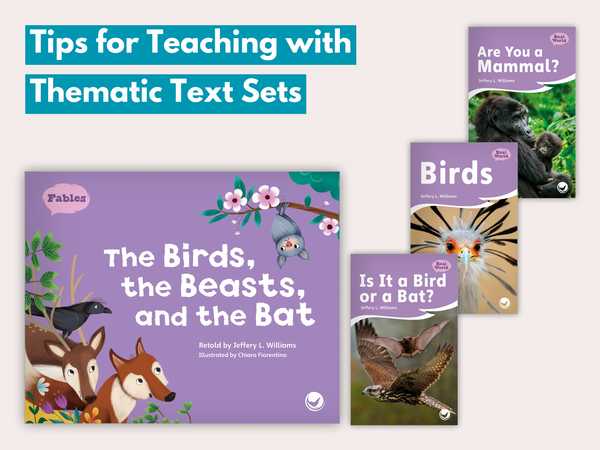
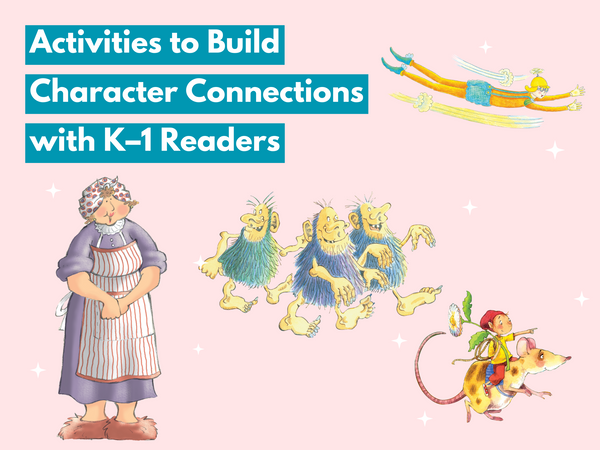
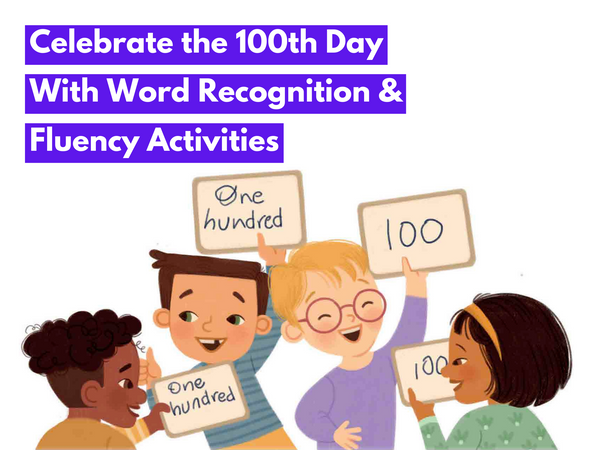
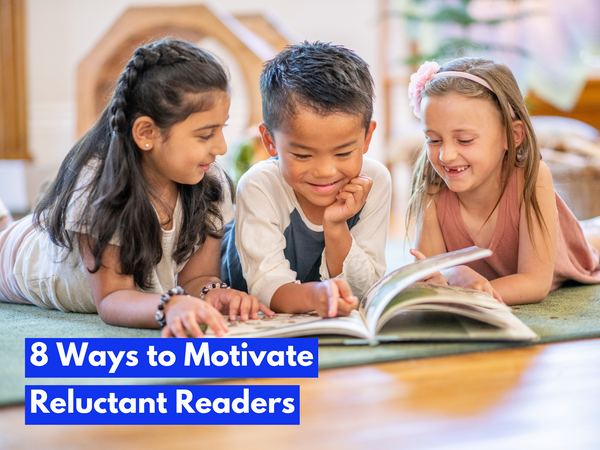
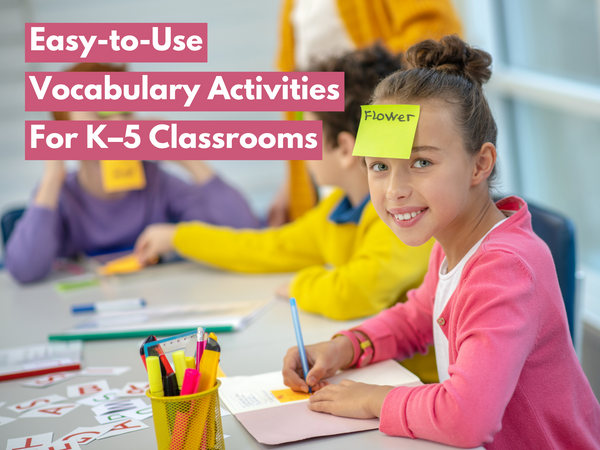
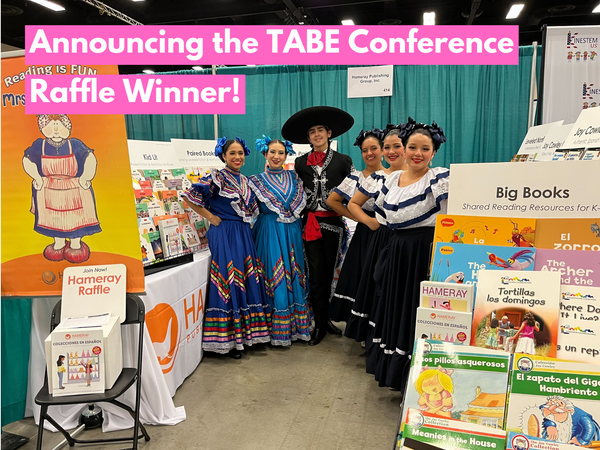
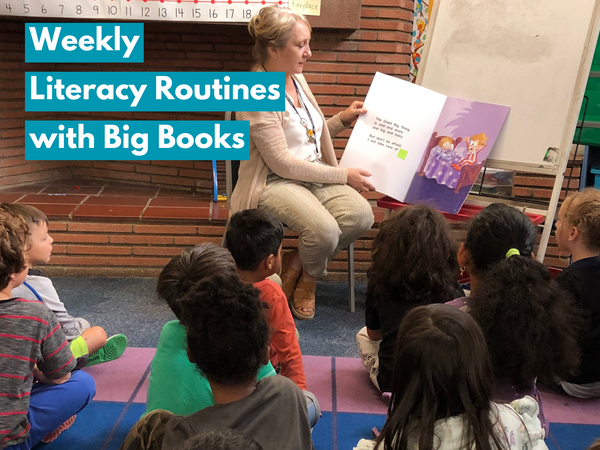
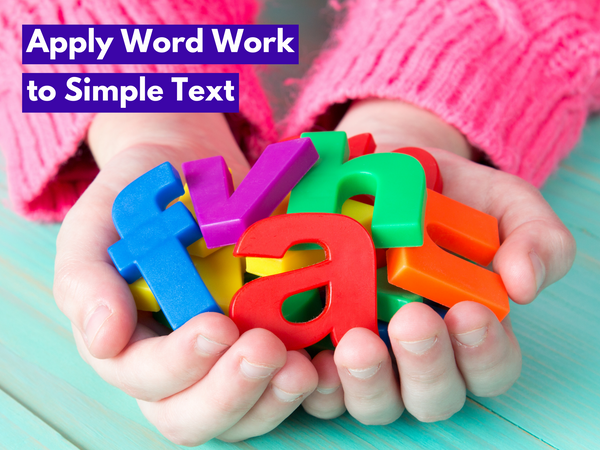
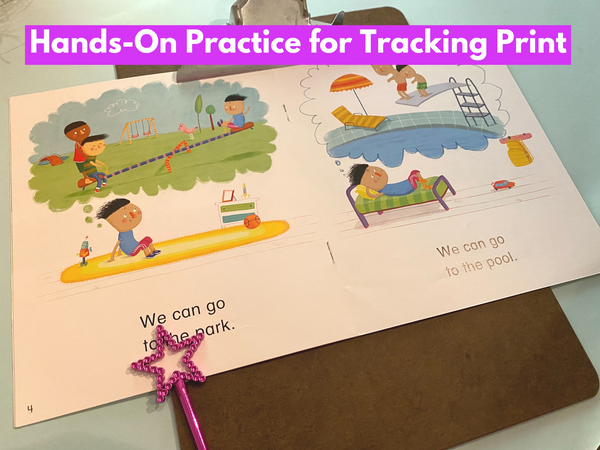
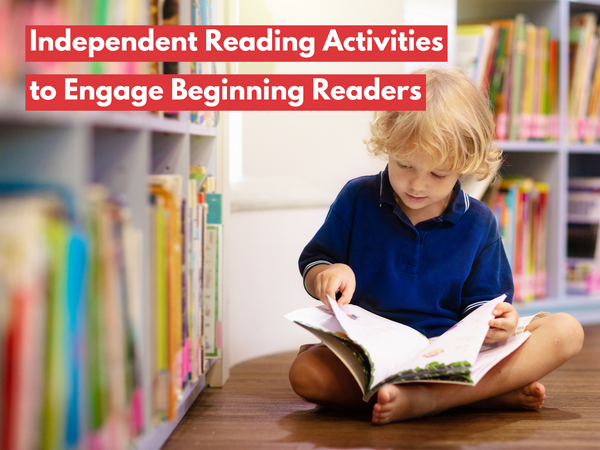
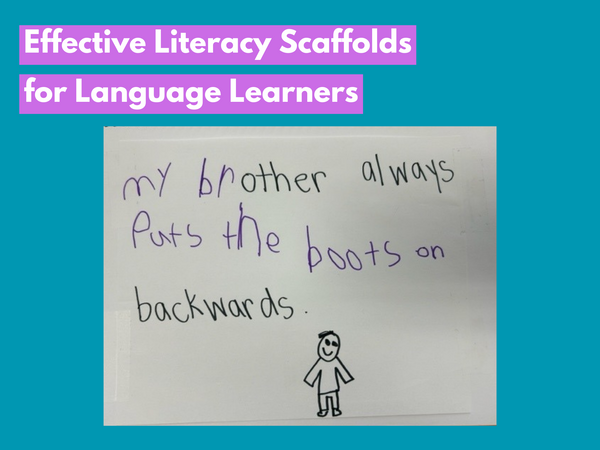
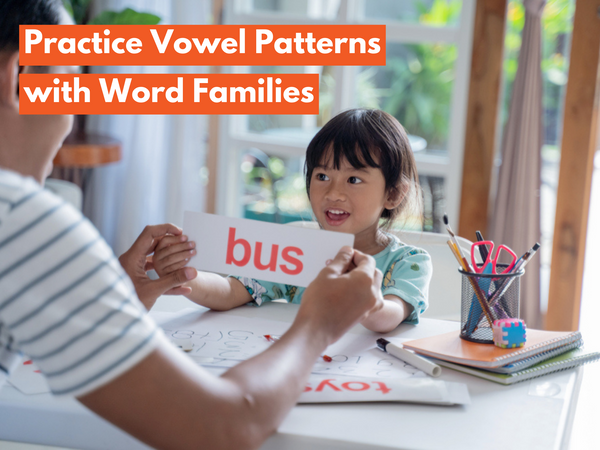
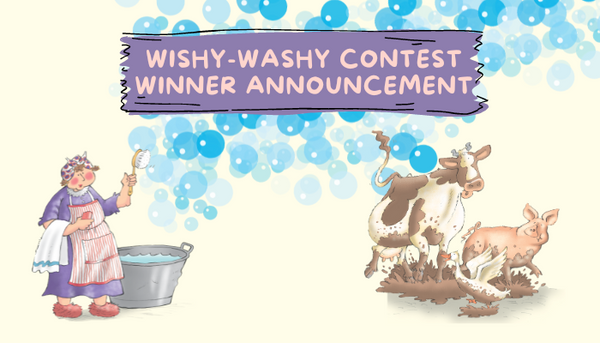
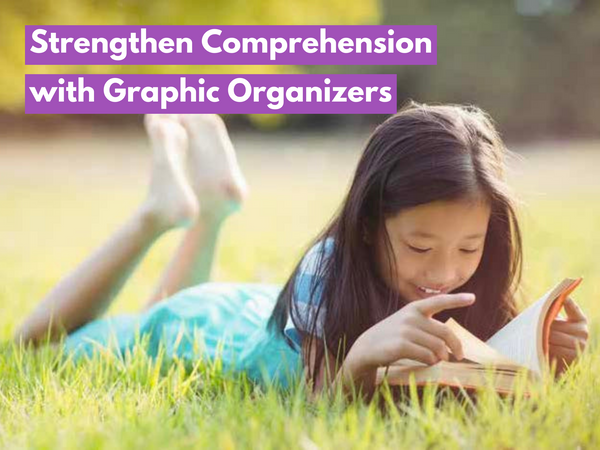
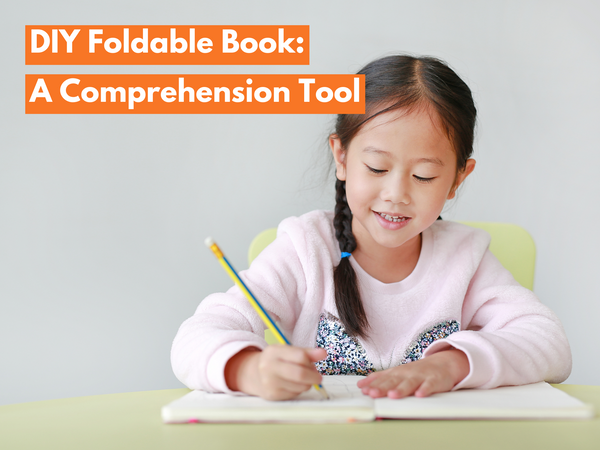
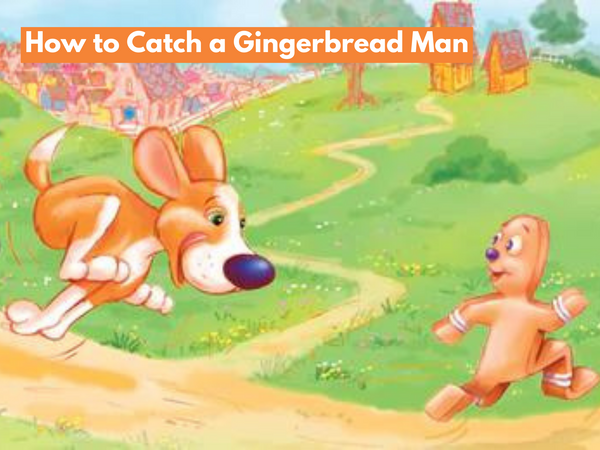
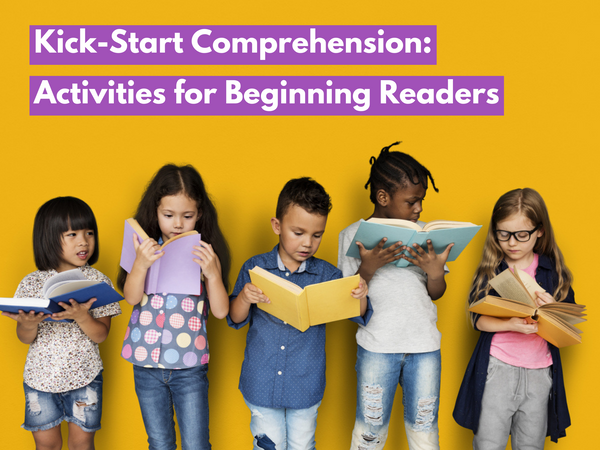
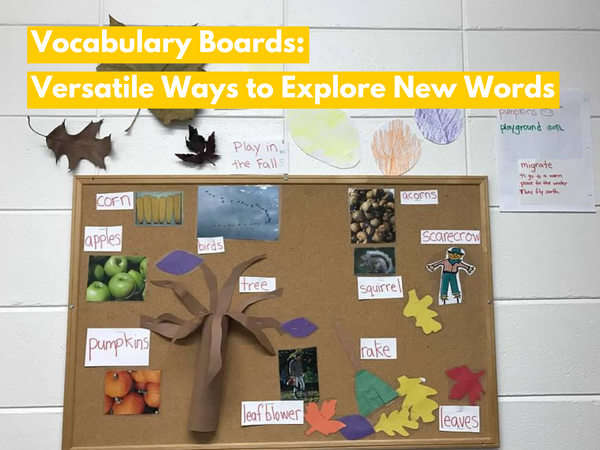
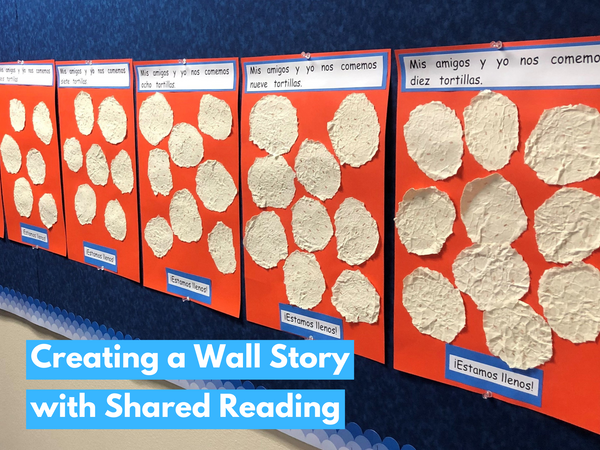
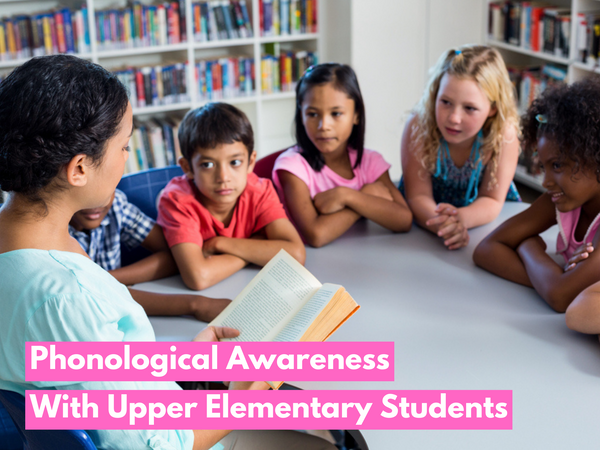
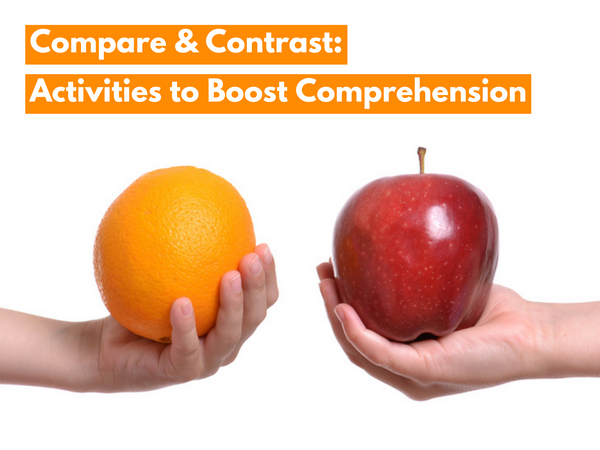
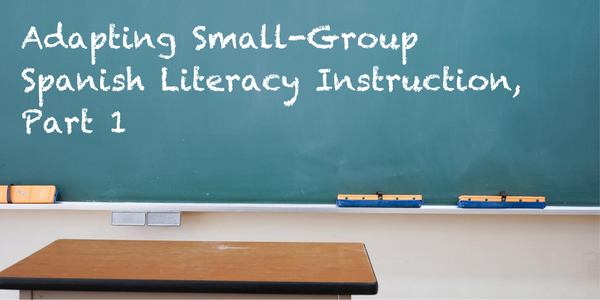
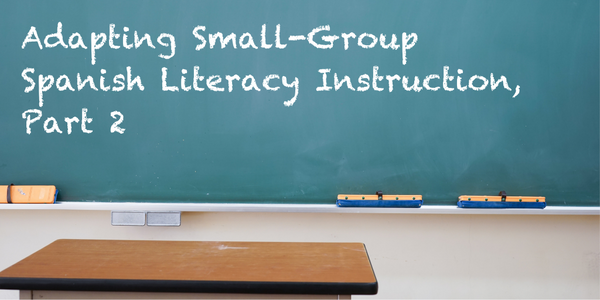
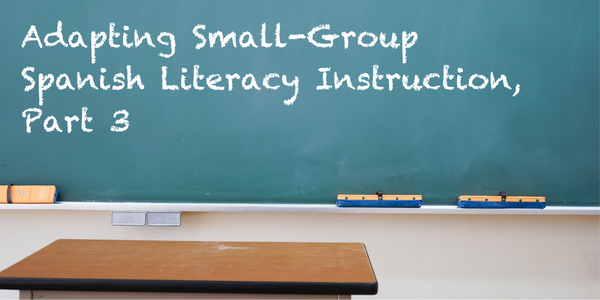
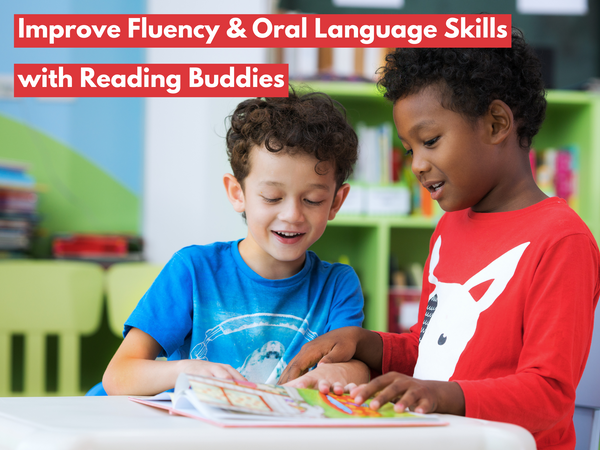
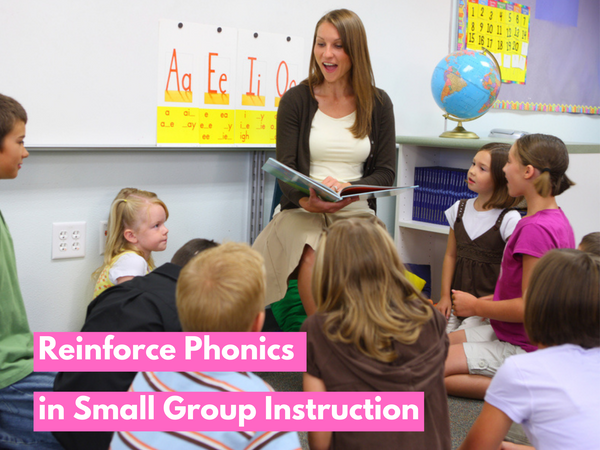
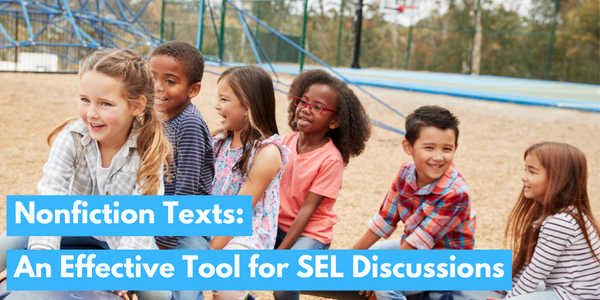
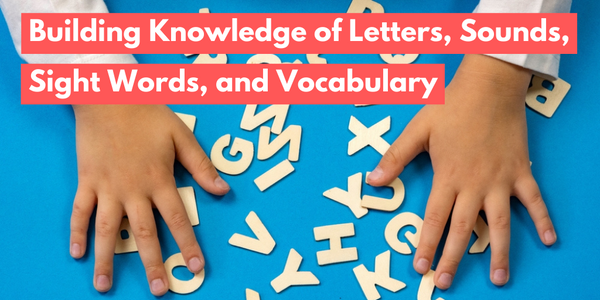
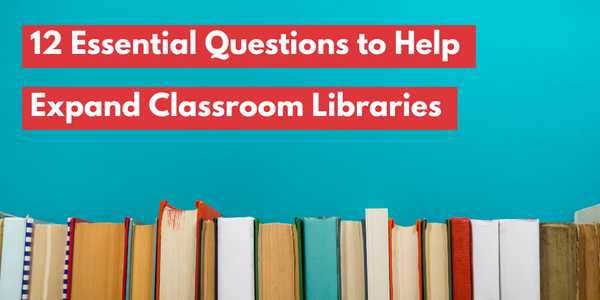
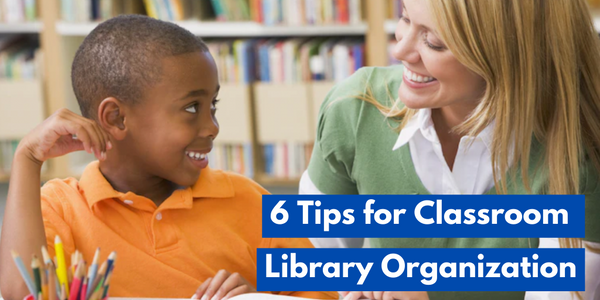
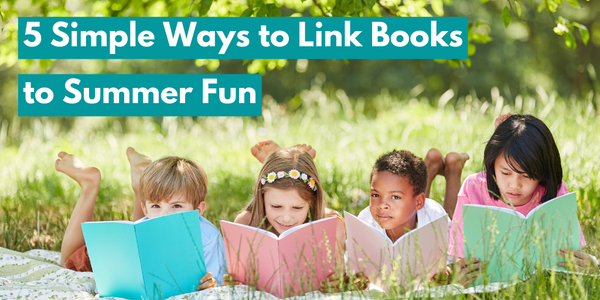
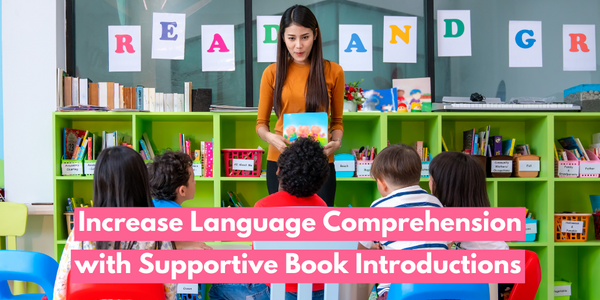
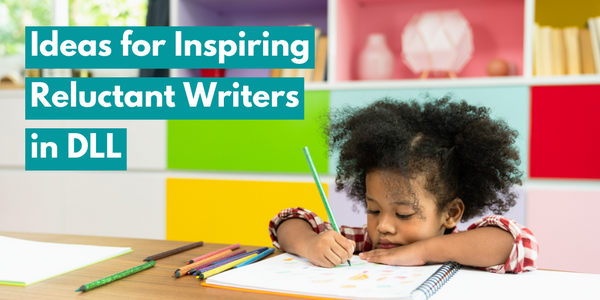

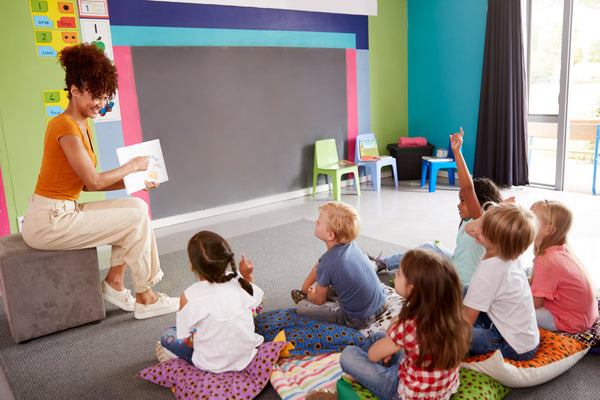

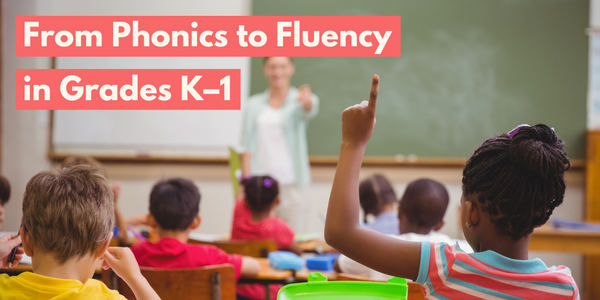


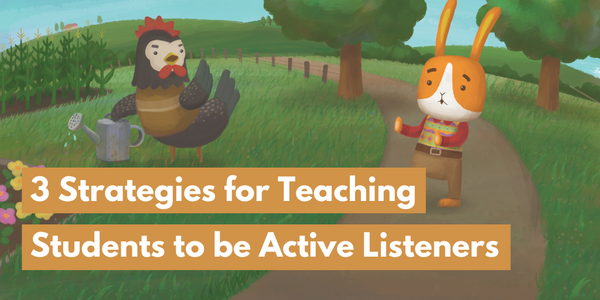

![6 Fun and Easy Activities to Practice Sequencing [Grades K-1]](http://www.hameraypublishing.com/cdn/shop/articles/Red_Typographic_Announcement_Twitter_Post-5_bf1ae163-a998-4503-aa03-555b038d1b76_600x.png?v=1689961568)